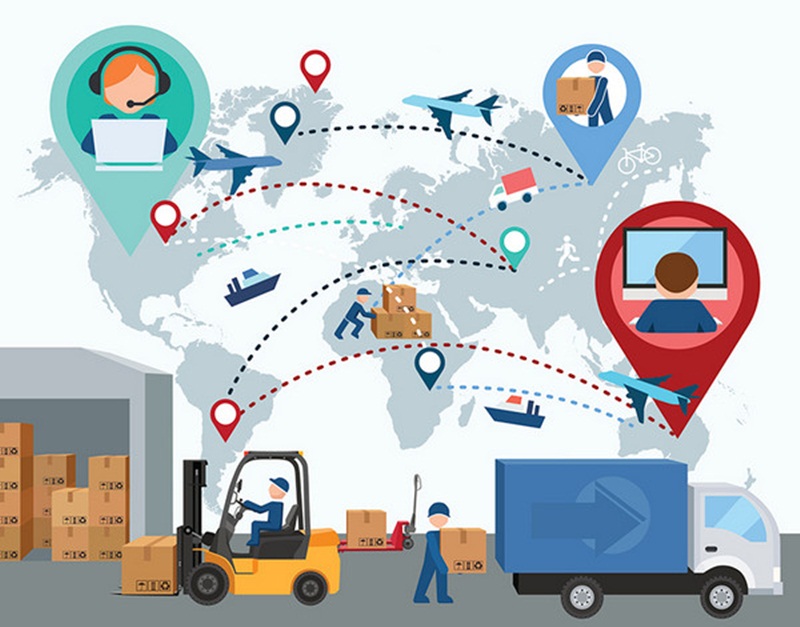Per Kamal Budhabhatti, Group CEO at Craft Silicon, building a sustainable logistics business can go a long way in staying in business. Kamal further mentioned that some of Sendy’s customers moved to Little Logistics.
Kamal Budhabatti, the Group CEO of fintech services provider Craft Silicon, shed some light on the prevailing trend in Kenya’s e-logistics sector. He mentioned that many logistics companies are prioritising rapid growth while overlooking sustainability. At the same time, Budhabatti touched on Sendy’s exit from the market. It emerged that some of Sendy’s customers have since sought the services of Little Logistics, which also marks one of Craft Silicon’s many services, including Little Cab, which is slowly transitioning into being a super app that integrates multiple services such as payments, financial products such as Little Wallet and entertainment services.
In your opinion, what are the key challenges that e-logistics firms face in Kenya, and what can new startups learn from these experiences (after the closure of Sendy)?
The challenges faced by e-logistics firms in Kenya are Financial sustainability, customer centric approach, regulatory and legal challenges, High operational cost, and access to funding, as exemplified by Sendy’s experience, require innovative solutions, adaptability, and a relentless focus on cost efficiency and customer satisfaction. While the closure of a prominent player like Sendy is a setback, it can also serve as a valuable learning opportunity for new startups to navigate these challenges better and find sustainable success in the Kenyan logistics market.
We also feel most funded players want to scale up to increase their valuation. And in doing so, they forget the sustainability aspect.
I learned that Little offers logistical services as well. How has adopting technology, such as mobile apps and tracking systems, contributed to the success or failure of e-logistics companies in Kenya, and what future technology trends should startups consider?
Adopting technology, including mobile apps and web App tracking systems, has played a significant role in logistics success, and it’s a critical factor that startups should consider for their future success. In our company, for instance, Little Logistics mobile and web apps have made it easier for our product to reach customers, receive orders, and facilitate payments. We provide a convenient platform for both customers and delivery personnel/partners.
Are there any strategic partnerships or collaborations that logistics startups should pursue with local businesses, governments, or organisations to enhance their chances of success?
Partnerships with governing bodies or manufacturer associations can help a lot.
What strategies can e-logistics startups employ to build and maintain customer trust and improve overall customer satisfaction in a market with unique challenges like Kenya?
When pursuing these partnerships, startups should ensure they align with their business goals and values. Effective partnerships can provide logistical startups with resources, market access, and expertise that can significantly boost their chances of success. Such partnerships are not limited to local communities but also emergency services, security providers, e-commerce companies, etc.
Shed light on what happens to former sendy clients. What do they do after Sendy’s collapse? Have some of them sought Little’s services?
We have seen several Sendy clients coming on board or seeking Little Logistics services because of various factors, including Little’s market presence, reputation, and aligning their services with specific needs. The choices made by individual businesses would likely vary, and we are open to customisation of these services to meet these needs. We believe the technology stack of Little is quite superior, which has also attracted several customers from other platforms to Little.





















